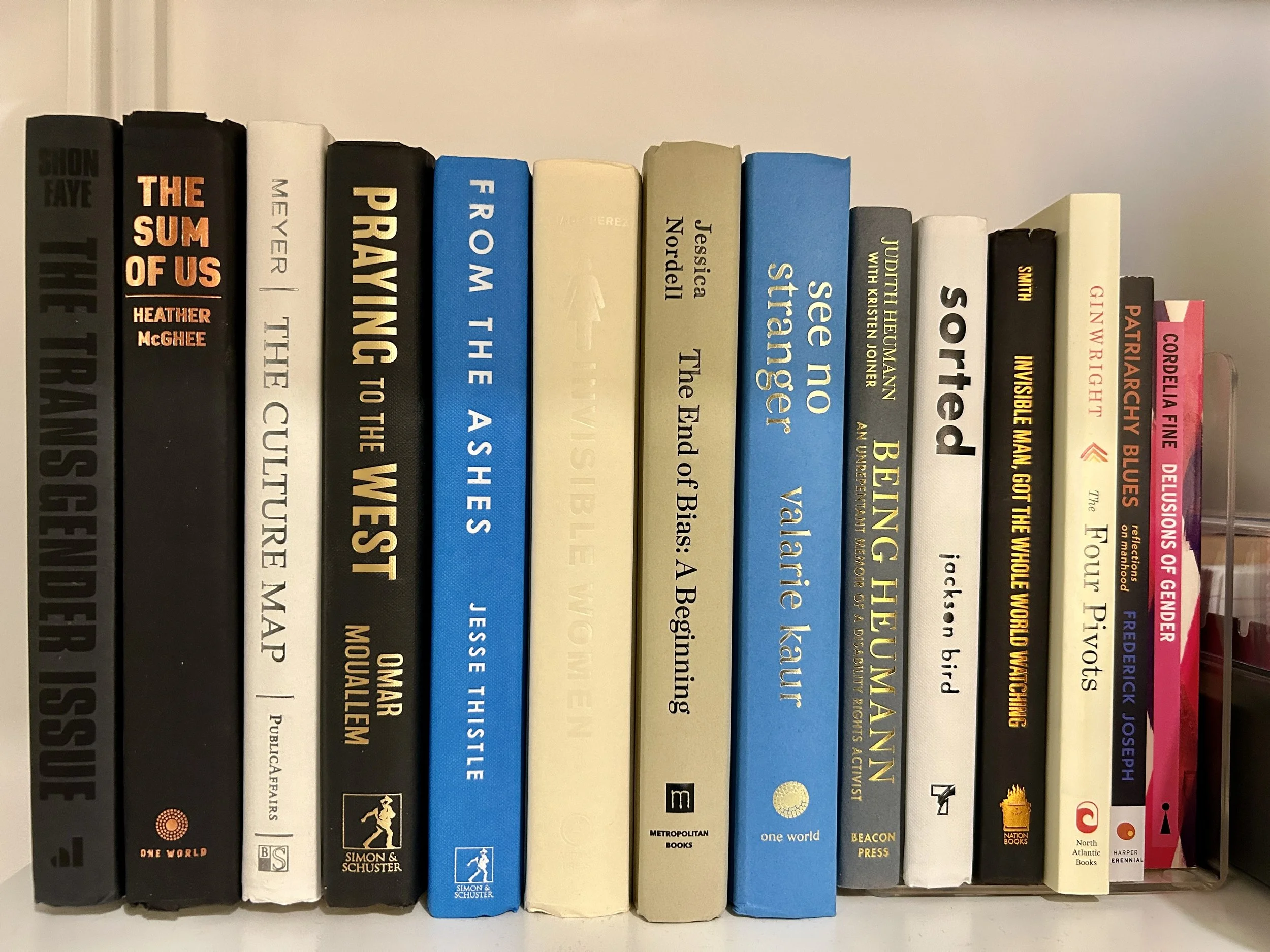When they come through the other side, they inevitably become something more than they were before. They have a new sense of capability. New stories. New relationships and responsibilities, and a new sense of themselves as boys becoming men.
Read MoreThe premise of Breaking the Boy Code has always been that boys’ voices are worth listening to—even when it’s not easy or convenient. Their lives and their stories matter. These boys matter. So without further ado, I’m honoured to introduce the voices of season four.
Read MoreThe research that has defined Next Gen Men’s work for a decade tells us that the single most important factor for resilience is having at least one close, confiding relationship in which one feels truly known, accepted and valued. That’s how you overcome challenge.
Read MoreAs part of our ongoing mission to support boys’ well-being, my colleagues and I decided to take on a research project designed to better understand their feelings, stresses and needs. What we uncovered was a surprising distance between their beliefs and attitudes about toxic and positive masculinity, and their lived experiences—particularly online.
Read MoreIt’s not for no reason that we dedicate ourselves to the next generation of men—and we don’t take the educators in their lives for granted. You are their champions, their stewards and their witness.
For every time I’m invited to be part of a professional development opportunity, for every time that Next Gen Men’s resources are downloaded and used in schools, and for each and every thing that you, who are reading this, do to engage boys in the movement for gender justice, thank you.
Read MoreWe do young people a disservice by operating under the assumption that a list of warning signs or an affirmative acronym will be enough to help them effectively communicate within healthy relationships. Instead, we need to engage boys in open and honest conversation about what is difficult, challenging or confusing for them with regard to consent—beyond just stop signs.
Read MoreHip-hop in its Essence is Real.
If you’re a hip hop fan, you might know that that’s what “H.E.R.” stands for in Common’s 1994 ode to hip hop “I Used to Love Her.” It’s a classic that perfectly charts hip-hop history through a love song—but not necessarily a happy one. Let’s explore this love story, and what it can reveal about MASKulinity.
Read MoreMass shootings take place within a web of conspiracy-rich sexist and racist ideologies that are propelled by the anonymous radicalization and copycat reverence found within internet subcultures. The thing is, this is only happening with boys and men.
Read MoreB.O.O.K. Club’s reads since Spring of 2020
Read MoreSmith apologized to Rock saying: “I was out of line and I was wrong. My actions were not indicative of the man I want to be.”
Read MoreFrom Taylor Swift to the Rocky Mountains, amidst wind-whispered stories and cold-night sleeping bags, we’re shaping the lives of boys becoming men. As they’re held in meaningful relationships and supported to overcome real challenges, a generation of compassionate, resilient and courageous young men is taking shape.
Read MoreWith a healthy masculinity summit in October 2012 in Washington, D.C., a key component of an ambitious two-year project to ‘spread the message of nonviolent, emotionally healthy masculinity,’ it seemed timely for Voice Male to ask several members of its national advisory board, and other colleagues and allies, to address in short essays their thoughts about the challenges inherent in trying define ‘healthy masculinity.’ What follows are the voices of those who responded just before the magazine went to press.
Read More











